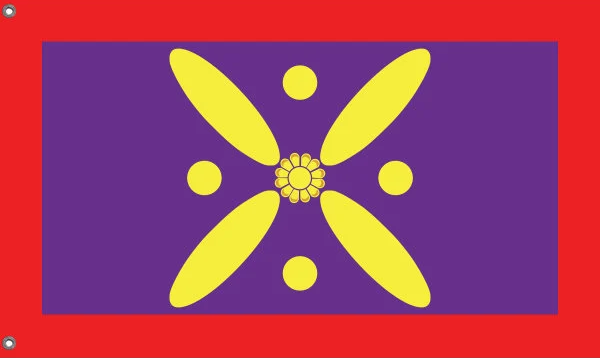For 1374 unbroken years the House of Sāsān has exercised sovereign authority over the Iranian–Mesopotamian heartlands. Shahanshah Shapur, the direct heir of Shapur I, governs from Ctesiphon on the Tigris, where the brick arch of Tāq Kasrā now fronts a sandstone forum that houses the central organs of state.
The realm is an absolute monarchy by law, yet legitimacy is reinforced through popular consultation. Decrees take effect upon the royal seal, but empire-wide plebiscites on taxation, treaties, and strategic infrastructure give the population a recognised—though formally advisory—voice. A consultative Majlis of scholars and guild leaders vets proposals and verifies ballots; ultimate sovereignty, however, remains with the crown.
Since the Khurasan Reclamation of the nineteenth century, every satrapy has been mandated to irrigate highlands, reforest deserts, and knit borderlands to the centre by rail. The Corps of Engineers nears completion of the Silk Spine Railway from the Black Sea to Makran, cementing the Empire’s status as Eurasia’s overland bridge.
From the Taurus foothills to the Indus delta and from the Caucasus to the Arabian Sea, some 105 million citizens—Persian, Arab, Armenian, Kurdish, Baloch, and Turkic—share a secular civic identity. Fewer than 15 percent report active religious observance; Zoroastrian temples retain ceremonial distinction. The lion, national emblem, appears on coinage and regimental colours.
Education is compulsory to age 18, and tuition is waived at imperial universities. After two years of national service, women and men enter a labour market bolstered by apprenticeship grants. Freedom of expression is broad, circumscribed chiefly by sedition law; social policy is moderate in character.
The modern Immortal Guard anchors a defence establishment of 1.6 million personnel: armoured corps patrol the Zagros corridor, a blue-water navy commands Bushehr and Chabahar, and the air force fields domestically built Shapur multirole jets. A minimal-deterrence nuclear triad guarantees security even as the Empire contributes the largest contingent to UN peacekeeping forces.
Guided by the Pax Persica doctrine, imperial diplomacy seeks equilibrium with all powers, brokering transit accords through the Strait of Hormuz and mediating disputes in the Caucasus and the Levant.
Each spring the Norooz Light Festival illuminates the Ctesiphon embankments, where citizens greet one another with “May you be immortal.” The triad—Wisdom, Justice, Innovation—directs public life.
Periodic droughts, refugee inflows, and competition for rare materials such as tantalum and neodymium challenge governance, yet the Sasanian state presents itself as the planet’s oldest continuous polity—and, by many indices, among its most formidable.



 100
100 911,000
911,000 30
30







